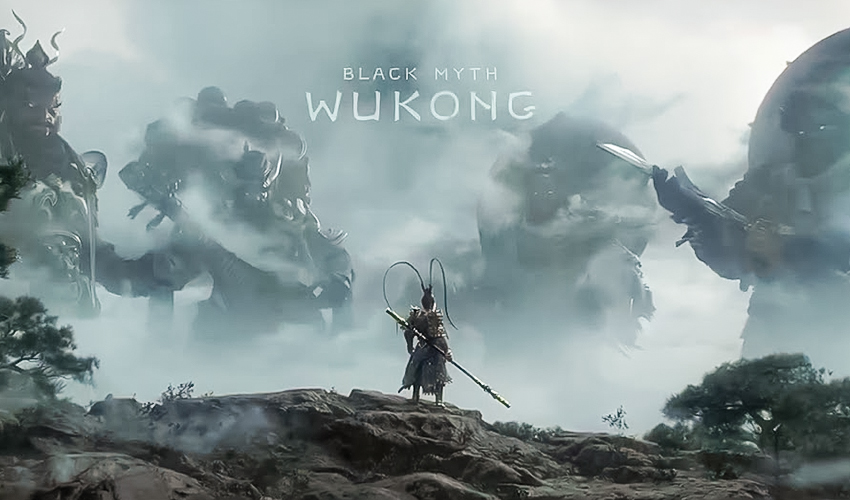Gambling video games has been a problem for the past years, and what’s even more concerning is that nobody seems to understand what gambling is, especially in video games.
In the ever-evolving landscape of video games, the line between entertainment and gambling has become increasingly blurred. The rise of gambling video games—titles that incorporate gambling mechanics or aesthetics without involving real money—has sparked debates among developers, regulators, and players alike.
Despite their popularity, these games often face inconsistent classifications and regulations, leading to confusion and controversy. Today, we’ll take a look at the confusion surrounding this subject and why it looks like there are not a lot of people who have a firm grasp of what gambling in gaming is.
The Rise of Simulated Gambling Games or Gambling-Themed Titles
The popularity of gambling video games is best shown by titles like Balatro and Luck Be a Landlord. Luck Be a Landlord, developed by Dan Di Iorio, is a roguelike deck-building game where players use a slot machine to earn coins to pay rent.
Despite lacking real-world gambling or microtransactions, the game’s gambling-themed mechanics led to its temporary removal from the Google Play Store due to policy violations concerning simulated gambling content. Similarly, Balatro, a poker-themed roguelike deck-builder developed by LocalThunk, faced challenges with age ratings. Initially rated PEGI 3, it was reclassified as PEGI 18 due to “prominent gambling imagery” despite not facilitating real-money gambling.
After appeals, both Luck Be a Landlord and Balatro were reclassified to PEGI 12, acknowledging their fantastical elements and lack of real gambling.
The Regulatory Conundrum for Video Games with Gambling Elements
The inconsistent treatment of gambling video games highlights a broader issue: the lack of clear guidelines distinguishing between actual gambling and gambling-themed gameplay. Regulatory bodies like PEGI and ESRB often grapple with categorizing games that simulate gambling mechanics without involving real money. This has led to situations where games with no real gambling elements receive stricter ratings than those with monetized loot boxes or gacha systems.
For instance, Luck Be a Landlord was penalized for its slot machine mechanics. However, games like Genshin Impact, which employ gacha systems encouraging real-money spending for randomized rewards, often receive more lenient ratings. This disparity raises questions about the criteria used to assess gambling content in video games.
What Impact Does This Leave on Indie Developers?
Indie developers are particularly vulnerable to these regulatory inconsistencies. Dan Di Iorio, the developer of Luck Be a Landlord, expressed frustration over the challenges faced due to the game’s classification. He noted that the ambiguity surrounding gambling themes in games can stifle creativity and deter developers from exploring innovative mechanics.
Similarly, LocalThunk, the developer of Balatro, criticized the initial PEGI 18 rating, highlighting the inconsistency in how games are evaluated. He pointed out that while Balatro was penalized for its poker-themed gameplay, other games with actual gambling mechanics received more favorable ratings.
The Deeper Problem: Nobody Agrees on What Gambling Means
At the core of the issue is a simple truth: most people—including players, regulators, and even developers—don’t agree on what constitutes gambling in video games.
Is it the presence of random outcomes? The thrill of chance? Real money transactions? Or the use of slot machine and card game iconography?
Gambling video games like Balatro complicate the conversation because they emulate the dopamine cycles of gambling, but without exploiting players financially. They’re strategy games wrapped in a gambling aesthetic.
That aesthetic—poker tables, slot reels, spinning coins—makes them look like gambling to untrained eyes. But experienced players understand the difference: it’s style, not substance.
The problem is, regulatory systems haven’t caught up to that distinction. And that makes them prone to penalizing good-faith design while letting harmful monetization models slide.
A Nuanced Understanding About Themed VS In-Game Gambling Mechanics Is Necessary
The controversies surrounding gambling video games underscore the necessity for a more nuanced approach to regulation. Not all games featuring gambling mechanics are designed to promote gambling behavior. Many, like Luck Be a Landlord and Balatro, use these mechanics as thematic elements or gameplay devices without encouraging real-money gambling.
Recognizing this distinction is crucial. Regulatory bodies must develop clearer guidelines that differentiate between games that simulate gambling for entertainment purposes and those that incorporate monetized gambling systems. This would ensure that games are evaluated based on their actual content and intent instead of focusing on a game’s superficial similarities to gambling.
The Road Is Long for Themed Gambling Video Games, But It’s Not Hopeless
The current landscape of gambling video games is marked by confusion and inconsistency. As games continue to evolve, incorporating diverse mechanics and themes, regulatory frameworks must adapt accordingly.
By fostering a more nuanced understanding of gambling elements in games, we can support creative innovation while protecting players from exploitative practices.
In the end, it’s not about eliminating gambling themes from video games but about ensuring that games are classified and regulated in a manner that reflects their true nature and impact.
Be sure to read our other feature articles to keep up with what’s hot and what’s not in the gaming world. If you want to read some gaming news, we just covered CD Projekt Red’s clarification about their The Witcher 4 tech demo. Stay tuned and catch the gaming current with GameEels!








